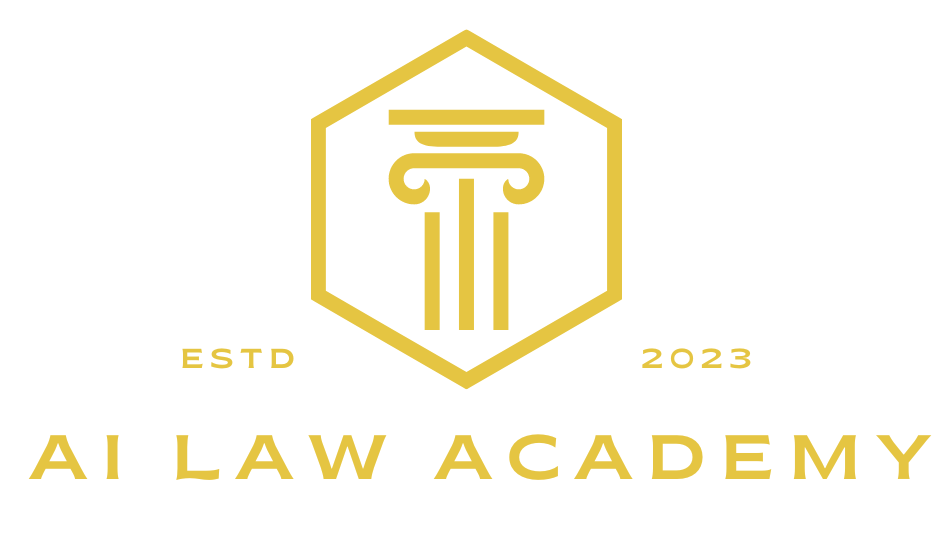
Navigating the Ethics of Generative AI in the Legal Profession:
The use of generative AI tools in the legal profession is a topic of great interest and concern among legal professionals. A recent survey conducted by LexisNexis Legal & Professional found that while legal professionals are generally more aware than the general public of generative AI tools such as ChatGPT, a large percentage are not currently using them in their legal work. Moreover, many express concerns about the ethical implications of generative AI on the practice of law.
While it's understandable that legal professionals have concerns about the ethical implications of generative AI, it's important to remember that AI can offer numerous benefits to the legal practice. By taking a course focused on the use of AI in the legal profession, legal professionals can learn how to use these tools ethically and effectively and position themselves for success in the rapidly evolving legal industry.
The course can provide guidance on best practices for using AI in legal research, document analysis, and other tasks. It can also help legal professionals understand the potential benefits of using AI, such as increased efficiency, enhanced accuracy, and cost savings. Moreover, legal professionals who take the course may have a competitive advantage over their peers who are not using AI tools.
In conclusion, while concerns about the ethical implications of generative AI are valid, legal professionals should not shy away from exploring the use of AI in their practice. By taking a course focused on AI tools like ChatGPT, legal professionals can learn how to use these tools ethically and effectively and position themselves for success in the rapidly evolving legal industry.
Copyright © 2023
30% OFF!
Huge offer is waiting for you!
Click the button to make this offer yours! Limited-time only!

